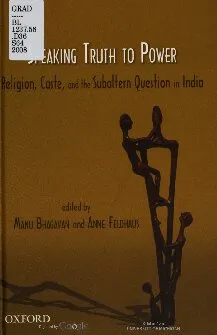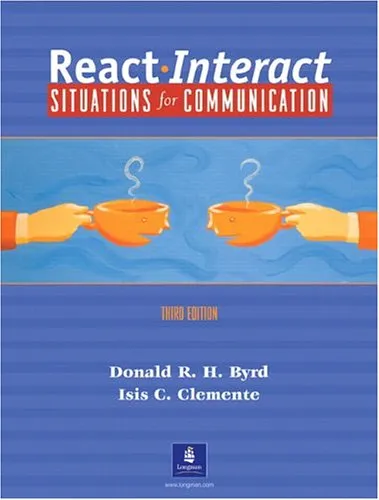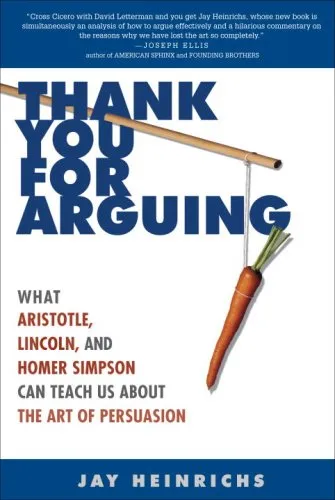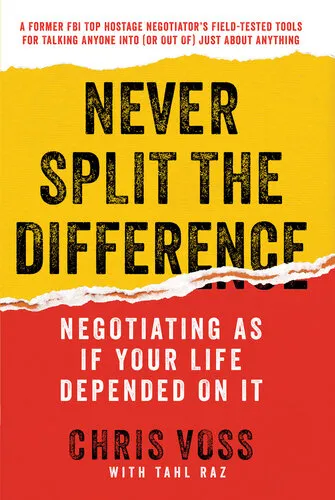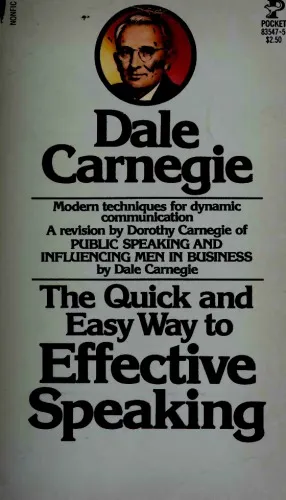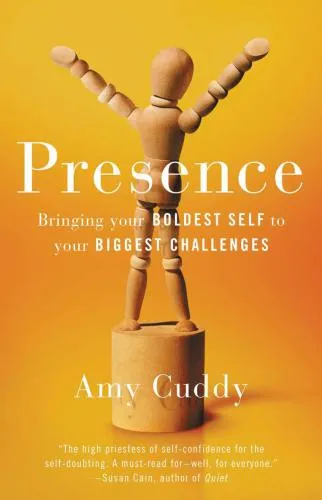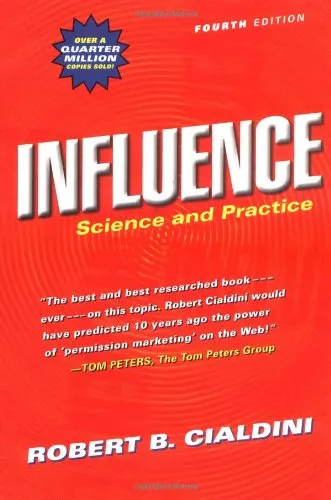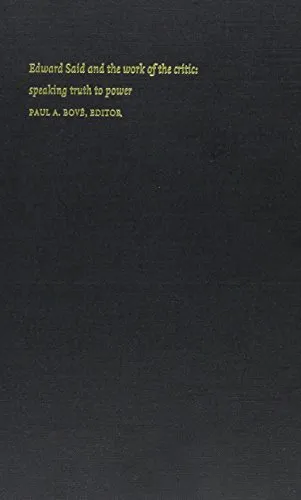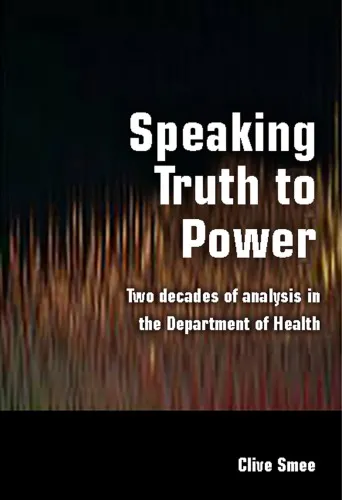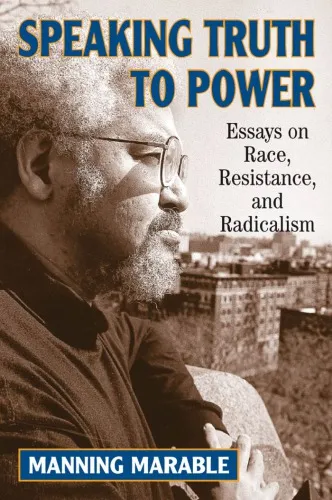Speaking Truth to Power: Religion, Caste and the Subaltern Question in India
4.5
Reviews from our users

You Can Ask your questions from this book's AI after Login
Each download or ask from book AI costs 2 points. To earn more free points, please visit the Points Guide Page and complete some valuable actions.Related Refrences:
Introduction to "Speaking Truth to Power: Religion, Caste and the Subaltern Question in India"
"Speaking Truth to Power: Religion, Caste and the Subaltern Question in India" delves into the complex and often fraught layers of India's socio-political and cultural fabric. Authored by scholars Manu Bhagavan and Anne Feldhaus, this book explores the interplay of religion, caste, and marginalized voices within the framework of power and dominance. With a deep focus on India's historical and contemporary struggles, the book interrogates systems of oppression while highlighting the resilience of subaltern communities trying to reclaim their agency amidst a world of systemic inequalities.
The title itself, "Speaking Truth to Power," encapsulates the book's core mission: to uplift voiceless and suppressed communities by exposing the realities of inequality and inspiring transformative change. With a multidisciplinary approach that incorporates history, sociology, philosophy, and religious studies, it provides readers with not only an analytical lens but also a call to action. It is an essential read for academics, activists, and anyone concerned about justice and equity in modern society.
Detailed Summary of the Book
Throughout the book, Bhagavan and Feldhaus examine how India’s deep-seated structures of caste and religion intersect with power to create a framework of systemic exclusion. The authors revisit historical events, from colonial interventions to post-independence state policies, demonstrating how these processes often prioritized dominant interests over marginalized ones. Emerging issues like communal violence, caste-based discrimination, and religious exploitation are unpacked with both historical precision and contemporary relevance.
The book highlights the voices of the subaltern—those who have historically been relegated to the margins of society. Special emphasis is placed on Dalits, Adivasis, and other oppressed communities who struggle not only against material inequities but also cultural erasure. These narratives are explored through qualitative analyses, stories of defiance, and the works of thinkers and leaders who championed justice for the underserved, such as B.R. Ambedkar and Mahatma Phule.
Furthermore, the authors critically examine institutions of religion, looking at both their oppressive tendencies and their potential as tools for liberation. The intersection of faith and politics is dissected to reveal both the complicities of organized religion and the ways subaltern communities have used spirituality as a means of resistance.
Key Takeaways
- An in-depth understanding of how caste and religion function as systems of power in India.
- Insights into the lived realities of subaltern communities and their ongoing struggles for justice and equality.
- Exploration of the role of both historical events and modern policies in perpetuating structural inequities.
- Frameworks for analyzing how marginalized voices challenge and resist systemic oppression.
- A critical perspective on the potential for religion and social movements to serve as tools for emancipation.
Famous Quotes from the Book
"To speak truth to power is not just an act of defiance; it is a reclamation of dignity by those who have been silenced."
"Faith becomes a weapon of oppression when wielded by the powerful, but it transforms into a sanctuary of hope when embraced by the oppressed."
"True liberation is only possible when the subaltern is not just seen, but heard and understood."
Why This Book Matters
In today's polarized world, "Speaking Truth to Power" reminds us of the importance of equity and social justice. It sheds light on the fault lines of caste and religion that continue to define Indian politics and society, urging readers to confront uncomfortable truths. By highlighting subaltern voices and their resilience, the book serves as a clarion call for inclusivity, reform, and moral courage.
This book matters because it bridges academic rigor with a profound empathy for marginalized communities. It challenges readers to unlearn biases, rethink power dynamics, and reconsider their own roles in perpetuating—or dismantling—systems of oppression. Whether you're a student, a policymaker, or a concerned global citizen, the insights offered by Bhagavan and Feldhaus are bound to leave a lasting impact on your perspective and actions.
Free Direct Download
You Can Download this book after Login
Accessing books through legal platforms and public libraries not only supports the rights of authors and publishers but also contributes to the sustainability of reading culture. Before downloading, please take a moment to consider these options.
Find this book on other platforms:
WorldCat helps you find books in libraries worldwide.
See ratings, reviews, and discussions on Goodreads.
Find and buy rare or used books on AbeBooks.
1530
بازدید4.5
امتیاز0
نظر98%
رضایتReviews:
4.5
Based on 0 users review
Questions & Answers
Ask questions about this book or help others by answering
No questions yet. Be the first to ask!
